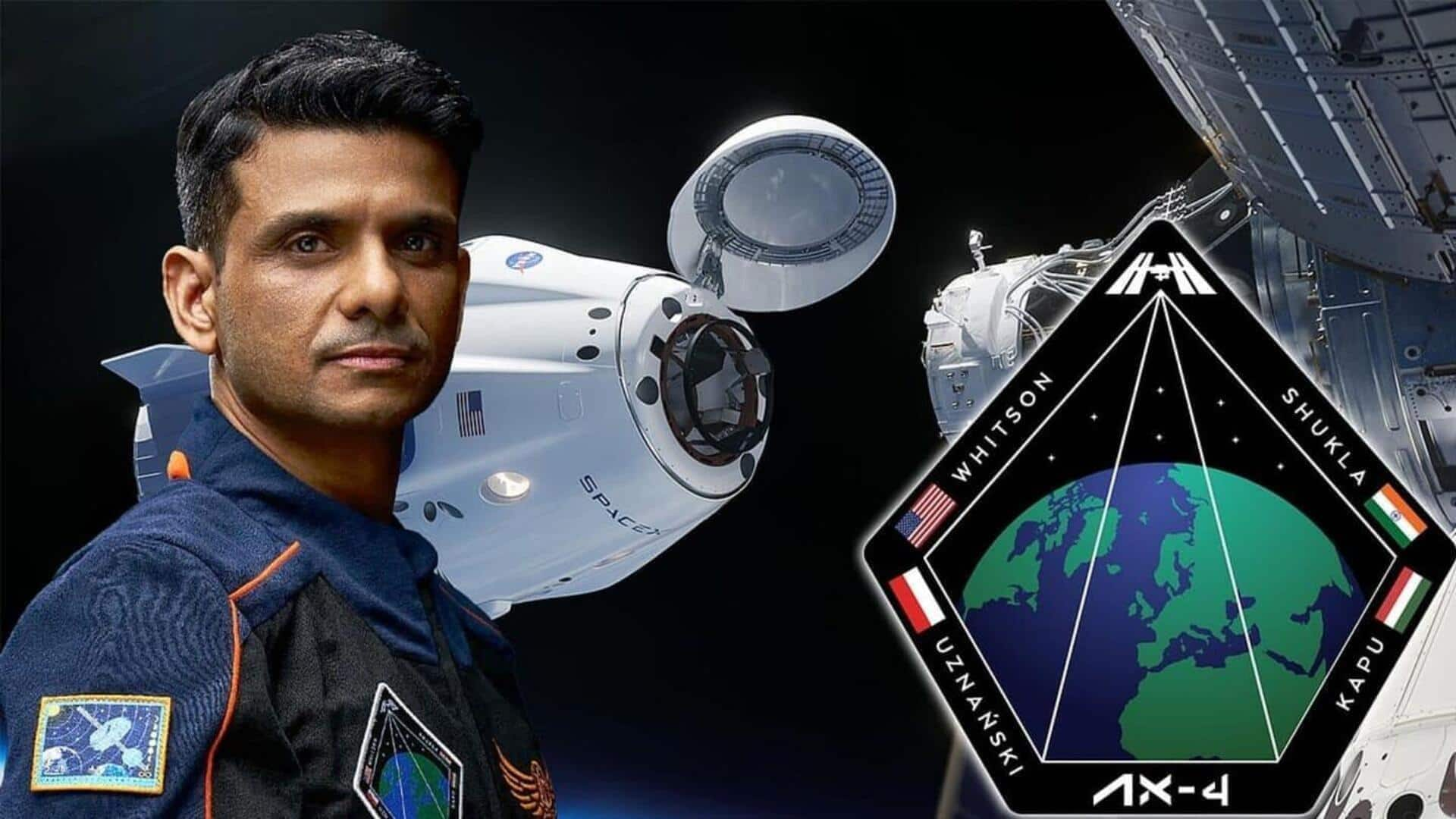
Gajar halwa, plush toy—What Shubhanshu Shukla is carrying to ISS
What's the story
Indian Air Force pilot Group Captain Shubhanshu Shukla is all set to embark on a historic journey to the International Space Station (ISS). The Axiom Mission 4 (Ax-4), slated to take off rouhgly an hour from now, will mark India's return to space after a gap of 41 years. The last time an Indian went into space was in 1984 when Rakesh Sharma flew aboard Soyuz T-11.
Personal touch
Shukla carrying Indian sweets to share with fellow astronauts
Shukla, who was born in 1985, will lift off from NASA's Kennedy Space Center in Florida on Wednesday at 12:01pm IST. Along with scientific instruments, he is also taking some personal items with him. These include Indian sweets like mango nectar, carrot halwa (gajar ka halwa), and moong dal halwa to share with his fellow astronauts aboard the ISS.
Special gift
Shukla carrying a secret souvenir for Sharma
Along with the sweets, Shukla is also carrying a secret souvenir for his mentor Sharma. He did not disclose what it is but said it would be a surprise when he returns. "He has been advising me on many things, including how to prepare for this mission," Shukla said of Sharma before his departure.
Mission mascot
Toy swan named Joy will be the zero-gravity indicator
A small white toy swan named Joy will be joining the Axiom-4 crew on the spacecraft. It will serve as the mission's zero-gravity indicator, floating once the capsule enters space. The crew chose it for its cultural significance in different countries. In India, it symbolizes wisdom and is associated with Saraswati, the goddess of learning; in Poland, purity and resilience; and in Hungary loyalty and grace.
International collaboration
Ax-4 mission, crew
The Ax-4 mission is being conducted by private company Axiom Space in partnership with NASA, ISRO, and the European Space Agency. The crew will fly aboard a SpaceX Crew Dragon capsule launched by a Falcon 9 rocket. Along with Shukla, the team includes US commander Peggy Whitson, Slawosz Uznanski-Wisniewski from Poland, and Tibor Kapu from Hungary. The mission will carry some 60 scientific studies and activities from 31 countries.